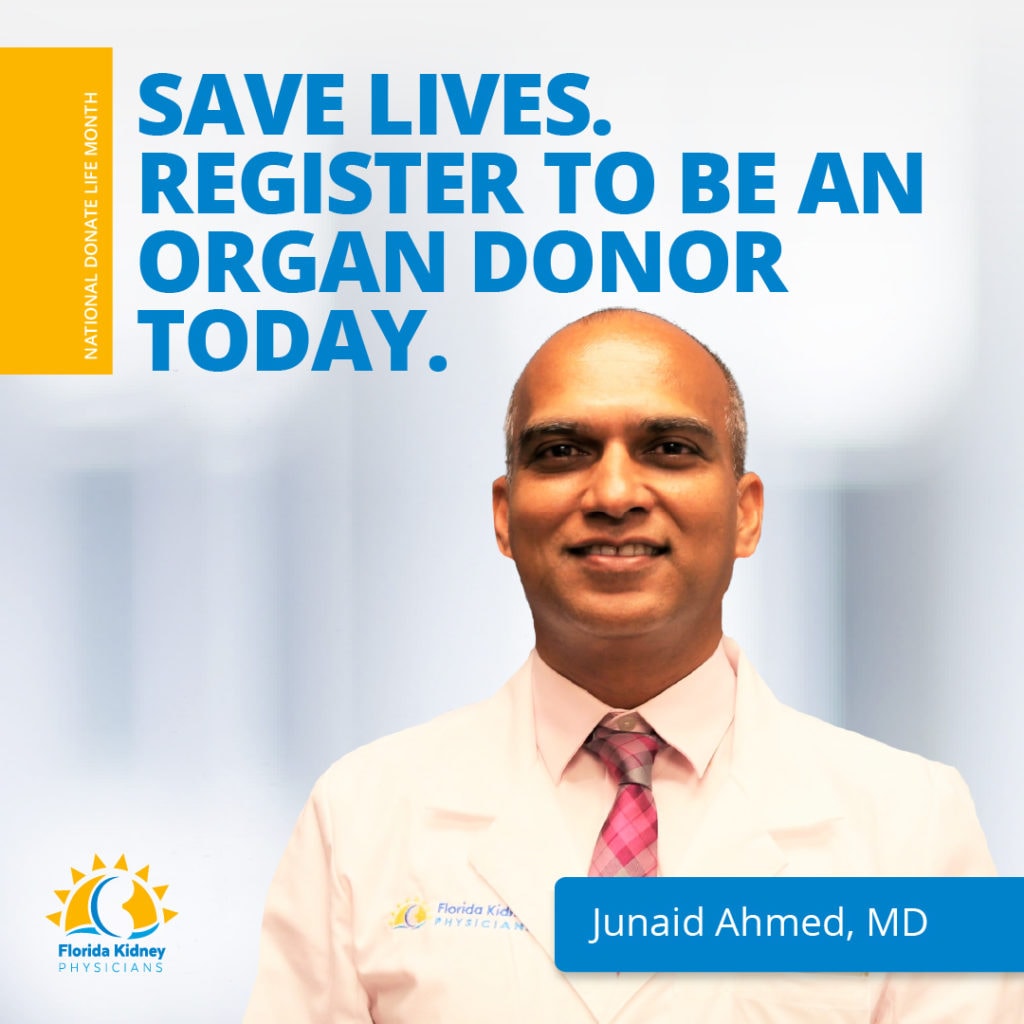Kidney transplantation, whether using organs from deceased or living donors, has been well established as the optimal management for patients with end stage renal disease (ESRD).
Unfortunately, it is not as widely available as it should be. The OPTN recorded 5,811 living kidney donor transplants, 14,038 deceased donor kidney transplants and 789 kidney/pancreas transplants in 2017.
Only 20% of the half million dialysis patients make it to the transplant waitlist and, of those, 5000 die each year while waiting. Chronic kidney disease (CKD) is on the increase, with an estimated 25 million Americans affected (the rate being three times higher in African Americans).
Although the rate for deceased-donor kidney transplants is improving, the rate for living donations has not changed since achieving its highest level, over a decade ago. Dialysis should be considered a bridge to transplant, with emphasis on finding a living kidney donor for as many ESRD patients as possible.
Unfortunately, only half of American adults are registered for deceased organ donation. Concerted efforts to increase education regarding kidney donation would certainly increase transplantation.
Live kidney donation from a family member or a friend is one of the most reliable ways to improve the lives of patients with advanced kidney disease and those on dialysis. One does not need a good match or to be a family member to donate a kidney.
A donation from an unrelated individual, even with a different blood group, can be performed with a paired-kidney donation.
This kind of donation involves a kidney swap between donor-recipient pairs who can’t donate a kidney directly to their relatives or friends. A donor who is well selected can lead a normal life; In fact, those who donate a kidney have a longer life expectancy than the general population.
This is because only the healthiest individuals are selected to donate a kidney, and most kidney donors tend to take better care of their health after kidney donation. Anyone can be an organ donor. It simply starts by individuals letting their family know their wishes, registering with the states Organ Donor registry or by selecting ‘Yes” to organ donation when applying for a driver’s license.
As we celebrate Donor Day this month, we thank all the unsung heroes who give the ultimate gift of life to others by donating their organs while alive or upon their death. Save lives!
Register to be an organ donor today!

